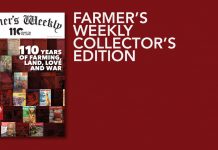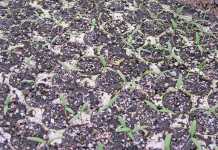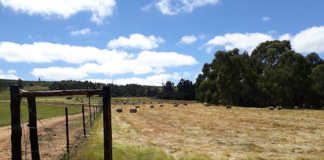Ever since I was a child I’ve been fascinated by the jackal’s nifty personality, it’s survive-at-all-costs strategy and its intelligence. From the moment the first humans arrived at the southern tip of Africa they’ve been at war with the jackal, and to this day the animal has come out as the winner. This is evident by its multibillion rand impact on the South African livestock industry.
Humanity has tried for centuries to mitigate the effect of the jackal, but without success. As soon as a control mechanism or strategy is implemented, this calculating animal finds a way around it and simply changes its behaviour accordingly. If a collar is put on a sheep’s’ neck, the scheming jackal modifies its tactics and attacks from behind. If they’re hunted in the daytime, they become nocturnal and vice versa.
Don’t think you’ll fool them with chemical warfare, either. The odd jackal or two will fall for it, but the majority of them will suss the situation out soon enough. My Dad used to refer to a black-backed jackal as Klasie, in honour of quite an unsavoury character in the family – a real conman. If you ever see a jackal scuttling through the veld, furtively glancing around, you’ll understand why Dad named it after my sneaky great-uncle.
Klasie is always pilfering, always on the lookout for something to steal, for a ‘los gelukkie’, as they say in Afrikaans. This is what endears the jackal to me – its nearly human ability of always making a plan, of staying on top of the situation.
By no means am I a rabid greenie who claims that jackals must be protected at all costs and to the detriment of the livestock industry. Predation by mainly black-backed jackal, caracal and, to a lesser degree, vagrant dogs costs the SA smallstock industry some R1,4 billion/year. It seems that predation on livestock and wildlife is also on the increase. The lack of a co-ordinated predator management system in South African exacerbates the problem.
But let us also take our hats off to old Klasie, the ultimate survivor.










